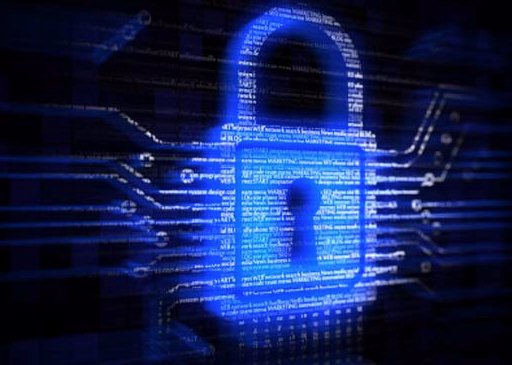
While the Internet has redefined how individuals and organizations access and share information globally, it also has made them more susceptible to theft of classified and confidential digital information. Most business development and activity occurs online, making information easier to steal and transfer anonymously.
In a 2011 U.S. Office of National Counterintelligence Executive?s report to Congress, China and Russia were identified as the leading countries in cyber espionage. China was cited as the most active and persistent perpetrator.
In a 2014 Sochi Olympics advisory, the U.S. State Department?s Bureau of Consular Affairs warned U.S. citizens that Russian federal law permitted the monitoring and collection of any information exchanged over Russian communication networks.
In 2009, a Valspar Corporation employee was arrested for illegally downloading $20 million worth of proprietary paint formulas, with the intent on using these at his new job in China. This crime, while caught, represented one-eighth of Valspar?s yearly profits.
Whether you are a government official, business executive, or individual, your confidential information is vulnerable to attack. To better protect it, consider the following steps below:
1. Use Full-Disk Encryption
Full-disk encryption (FDE) encrypts all device data and operating systems. Some FDE systems also encrypt the Master Boot Record (MBR).
Once encrypted, unauthorized users are prevented from accessing information on the device, even if it is installed on another machine.
In recent years, FDE has become much easier with the development of self-encrypting hard drives and solid-state drives (SSDs).
2. Use Virtual Private Networks (VPN)
Public networks, such as Wi-Fi hotspots, are prime targets for accessing information on user devices. Easy accessibility to all users means lower security measures and higher susceptibility to cyber-attacks.
A VPN provides an added level of security when using public networks, by creating a private connection across public networks.
VPNs also encrypt data transmitted across the network, providing an added layer of security.
3. Use Loaner Devices While Traveling
Businessmen and women traveling to foreign countries should not travel with personal or company laptops. These devices may be subject to a customs search upon arrival.
Depending on the information contained, trade secrets as well as personal information can be compromised. In addition, information may be monitored and stolen from the device while using communication networks within the country.
To circumvent this, use loaner laptops when traveling, which are wiped of everything except the information necessary for the business trip. Disable all Bluetooth capabilities and password-protect the device. Use a pre-paid cellphone, purchased in the U.S., for all phone communication. Keep all devices on you while traveling, dispose of the pre-paid cellphone, and promptly wipe the loaner laptop upon returning to the U.S.
4. Purchase Self-Wiping Devices
Even if you travel with loaner devices, wiping these upon return does not completely remove all information.
In addition, you may not have the time required to properly wipe a device if you are currently in customs or at risk of attack in a foreign embassy, for example. In these instances, you need to be able to instantly wipe your device.
The FlashZero family of products created by Charon Technologies provides instant, secure, battery-powered, and complete deletion of all data from USB drives and SSDs.
Using proprietary technology, FlashZero devices can erase all confidential and classified data within seconds, with the push of a button.
Whereas other software programs claim to erase unallocated memory, FlashZero devices are guaranteed to wipe your device completely clean.
The FlashZero SSD can also be installed in large-scale storage area networks. With the same push of a button, the entire network of devices is wiped clean.
This technology guarantees that, wherever you are and whatever the circumstance, you are able to instantly protect your information.
Society continues to become more technology dependent. It is imperative that government agencies and industries take the necessary steps to secure confidential and classified digital data from the ever-increasing amount of cyber-attacks experienced.

